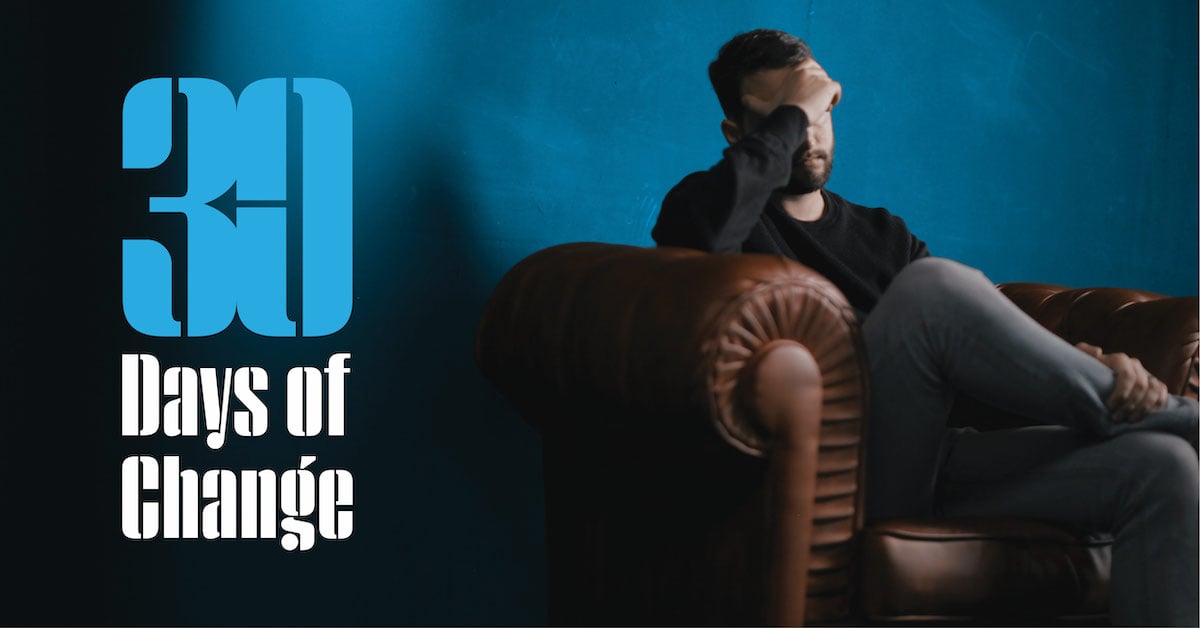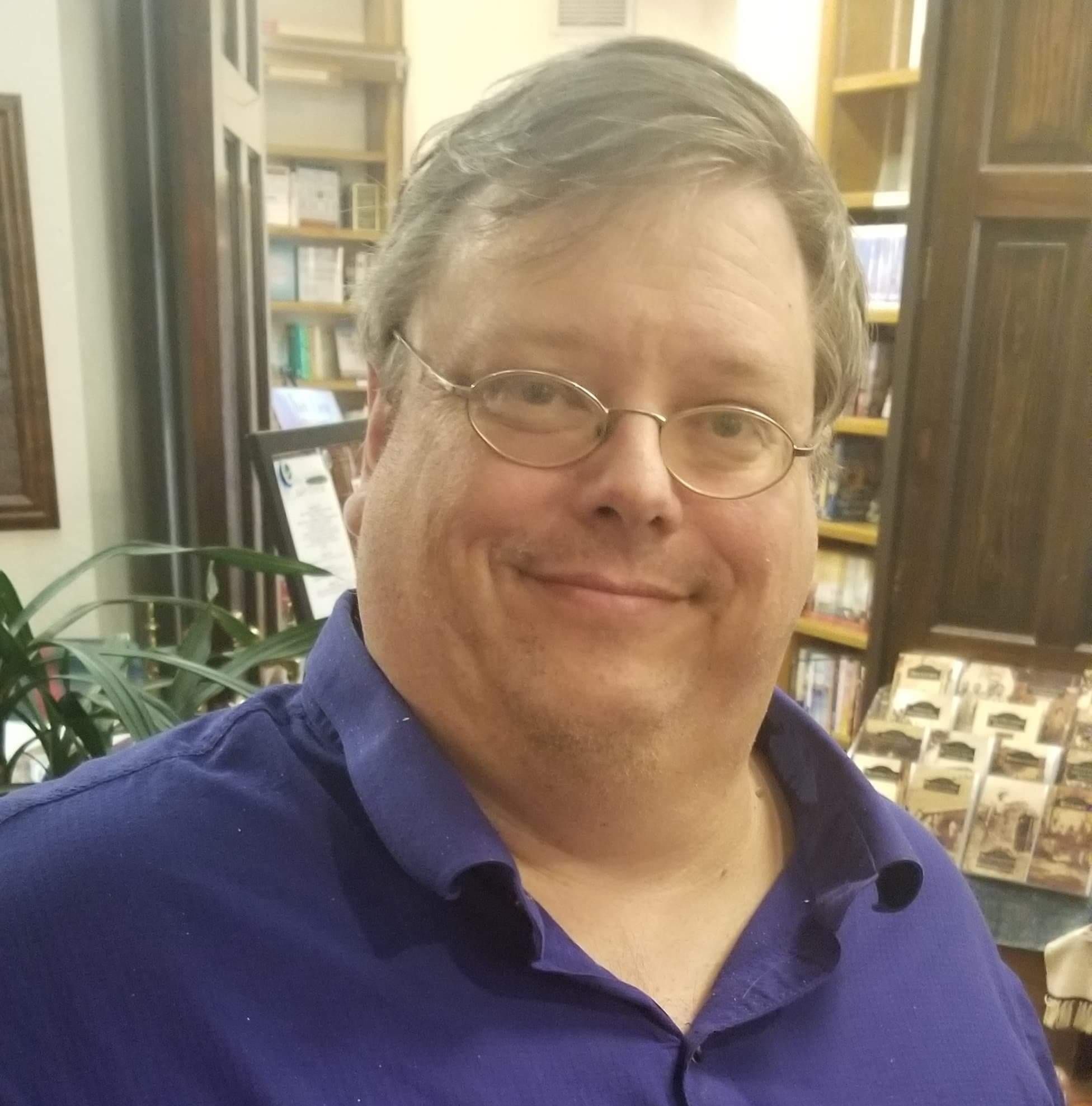
Things I Wish People Knew About Addiction & Recovery | 30 Days of Change
If you’d have told me I’d be alcohol-free and FOMO-free a decade ago, I would’ve laughed so hard, I’d spill my drink. For most of my twenties, my life revolved around alcohol. I couldn’t fathom facing life’s challenges without an anesthetic. But today, I’m 4.5 years sober… and thriving. Life hasn’t gotten any easier, but I’m more resilient, stronger and happier. Because when you numb the discomfort, you numb the joy, too. I know I wouldn’t be the wife, stepmom, employee, friend, daughter and sister I am today if I were still drinking. Here’s what I’ve learned over the course of my sober journey, along with advice from other people in recovery!
Addiction isn’t a moral failing.
Addiction is a complex brain disease that hijacks our brains’ reward circuits. It also damages our prefrontal cortex, which regulates decision-making. “A common misperception is that addiction is a choice or moral problem, and all you have to do is stop. But nothing could be further from the truth,” says Dr. George Koob, director of NIH’s National Institute on Alcohol Abuse and Alcoholism. “The brain actually changes with addiction, and it takes a good deal of work to get it back to its normal state.” To overcome addiction, most people need more than good intentions or willpower alone. And trust me, they’ve tried.
It's often a symptom, not the actual problem.
According to the National Institute of Mental Health, more than half of people with a substance use disorder also have a co-occurring mental disorder, such as depression, anxiety or bipolar disorder. They turn to substances to self-medicate their distressing symptoms. This is why it’s important to identify and treat the root cause, too — not just the behavior itself.
Your words matter.
Some people in recovery find labels like “addict” or “alcoholic” empowering, but many of us don’t. I prefer “people-first language,” which describes the condition a person "has" rather than “what” a person "is." For me, addiction was an experience I had, not my identity. I typically say: “I don’t drink” or “I used to have an unhealthy relationship with alcohol, so I quit.”
Take it from Taryn, who will have 10 years of sobriety this summer: “Even though all the words mean the same thing, they ignite different responses within people. When you say ‘alcoholic’ to someone who doesn’t ‘get it,’ they immediately think or say negative things, like: ‘This person has a problem’ or ‘I’m so sorry I offered you a drink’ (like they’re going to make you fall off the wagon). I use the term ‘sober’ because people are more inclined to get curious than uncomfortable.”

You don’t have to have a “problem” to cut back, quit… or never even start.
There are myriad health benefits to drinking less or quitting altogether. For one, alcohol is a known carcinogen – and the more you drink, the higher your risk for cancer. And although the belief that alcohol kills brain cells is a myth, it does impair your cognitive function, memory, judgment, coordination and sleep. When used long-term, it can cause permanent brain damage. That’s what inspired David and Logan to never even start.
David: “As a teen, once I found out alcohol can harm my brain, I was out. Now, as a software developer, that's even more true.”

Logan: “As a creative, my brain is my most valuable asset. Keeping a clear and strong mind protects me in my career and overall well-being. By avoiding alcohol, I can proudly say my creativity, humor and daring lifestyle are genuine and not just a byproduct of drinking.”

Additionally, alcohol can trigger excruciating migraines.
Halie: “I was diagnosed with a chronic headache disorder called hemicrania continua earlier this year. I started noticing alcohol's impact on my pain episodes. The correlation became too obvious to ignore. After doing research, I learned alcohol is a common trigger for people with HC. Alcohol also has had an impact on my mental health. I stopped drinking completely earlier this year because I deserve to feel well.”

Julie: “Alcohol, especially wine, is a trigger for migraines, so I don't drink. It just isn't worth it to me to take a chance on feeling rotten for a glass of wine.”
Alcohol use disorder is a spectrum.
Addiction doesn’t discriminate, and it doesn’t always fit the stereotypes either. Many people are “high-functioning,” at least at first. In the multiple recovery programs I’ve tried, I’ve met everyone from soccer moms who secretly drink two bottles of wine a night to businessmen who abuse Xanax to cope with social anxiety while networking.
Also, many people remain in denial about how much they’re actually drinking. The CDC defines moderate drinking as consuming 2 drinks or less in a day for men and 1 drink or less in a day for women. Binge drinking is classified as having 5 or more drinks on a single occasion for men and 4 or more drinks on a single occasion for women.
There’s hope — and help.
Concerned about your drinking? So was I… for years. In my experience, it’s a huge relief to admit and accept that you have a problem. It’s the first step toward help and healing. It was important for me to “deprogram” and “reprogram” myself in early sobriety, so I devoured every resource I could find. Check out some of my personal favorites below! I also want to stress that every recovery journey is unique. If one approach doesn’t feel right, try another. For example, AA didn’t work well for me — even though it does for millions of others. I had better luck with SMART Recovery and Recovery Dharma, which I’ve linked in the resources below.
Note: If you drink heavily every day and/or notice withdrawal symptoms like shakiness, sweatiness, anxiety or nausea when you don’t, please talk with your doctor before quitting cold turkey. Alcohol withdrawal can be serious and life-threatening.
Resources
Therapists
- Oklahoma addiction counselors, Psychology Today
Support Groups
SMART Recovery, a cognitive-behavioral therapy approachRecovery Dharma, a secular Buddhist path that incorporates meditation
Tempest: An online, alcohol-free program and support system
Stop Drinking Subreddit: An active and supportive online community of 100,000+ sober people
Books
- Quit Like a Woman: The Radical Choice to Not Drink in a Culture Obsessed with Alcohol
- This Naked Mind: Control Alcohol, Find Freedom, Discover Happiness & Change Your Life
- We Are the Luckiest: The Surprising Magic of a Sober Life
- Dry: A Memoir
- Nothing Good Can Come from This: Essays
Podcasts
Recovery isn’t one size fits all. Only you can determine which approach is right for you — but you don’t have to do it alone. To learn more about changing unhealthy behaviors, check out VI’s work for the Tobacco Settlement Endowment Trust, Oklahoma State Health Department and more here.








